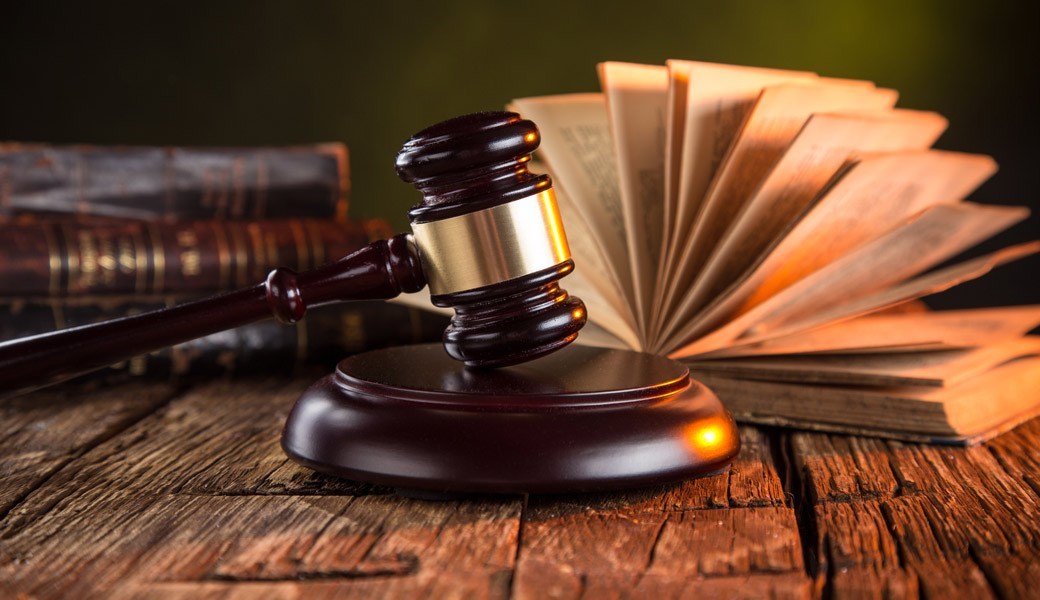
The legal system is the backbone of a society. If we have a good judicial system, we have a safe and healthy society. The people feel safe if the legal system is working properly to protect the rights of the people.
The legal system has its levels and methodology. There are different methodologies for different levels of the court. Our legal system is like a puzzle with different pieces, each fitting into its place to make sure things are fair and just. Let’s dive into the everyday steps taken in civil, criminal, and family courts – making it easy to understand.
Civil Court Basics
Civil courts are where people or businesses go to settle disagreements. Imagine it like a process: someone starts by telling their side of the story in a written complaint. This person is called the “plaintiff.” Then, this complaint is given to the other side, called the “defendant,” who gets a heads-up about the situation.
After that, both sides share information and evidence, which is known as “discovery.” If they can’t agree on a solution, the case goes to trial. Here, both parties tell their story, and a judge makes a decision. If someone isn’t happy with the result, they might ask a criminal appeal lawyer for help.
Criminal Court Made Simple
Criminal courts deal with breaking the law. The procedural practice is that you are arrested by the police. After that you are presented to the judge in the court. There you hear the charges that have been filed against you. You can represent yourself through an attorney who can argue on your behalf.
After this procedure the judge decides whether you are guilty or not. This process is called hearing in the court. On hearing the decisions are made or sometimes you get time to present the evidences and witnesses in your favor.
Family Court in Simple Terms
Family courts deal with family matters, like divorces or who gets to keep the family pet. If someone wants the court to help with a family issue, they file a paper, known as a “petition,” stating what they need. The other person involved gets a copy, and both have to explain their side in court hearings.
Family courts really like to avoid big fights. So, they often suggest talking things out outside of court, called “mediation.” If an agreement can’t be reached, the judge makes the decisions. And yes, just like in the other courts, if someone isn’t happy with the decision, they can ask a federal appeal lawyer to look into it.
What Happens During Appeals
Now, let’s dive into appeals – a method to request a higher court to reconsider a decision. It’s akin to seeking a second opinion, and in this venture, an appeal lawyer plays the role of a trusted guide. If someone thinks there was a blunder during the trial, such as the judge making a mistake or crucial evidence being missed, they can reach out to a criminal appeal lawyer for assistance.
The appeal process involves looking at what happened during the trial to find these mistakes. The post-conviction lawyer reviews the records, analyzes the arguments made, and checks if everything was done according to the rules. They then present their findings to the higher court, asking them to make things right.
Appeals don’t involve redoing the entire trial. Rather, it’s akin to examining the details through a magnifying glass to check if everything aligns. It’s a crucial process to ensure that justice isn’t just carried out but is also visibly fair. If you’re caught in a legal mess and things appear off, a post-conviction lawyer can assist in unraveling the complexities and setting things on the right track.
Final Words
To sum it up, courts have routines that help make sure things are fair. Whether it’s a fight between people or someone breaking the law, each step in the process is like a piece of a puzzle. If things don’t seem right and you want a second opinion, a post-conviction lawyer, like the ones at Brownstone Appeal Lawyers, can step in.
Brownstone Appeal Lawyers are pros at figuring out if a mistake was made. They’re committed to making sure the legal stuff gets a good look, so you can trust that things are fair. Having a reliable criminal appeal lawyer can make all the difference when you’re trying to make sure justice is served.



